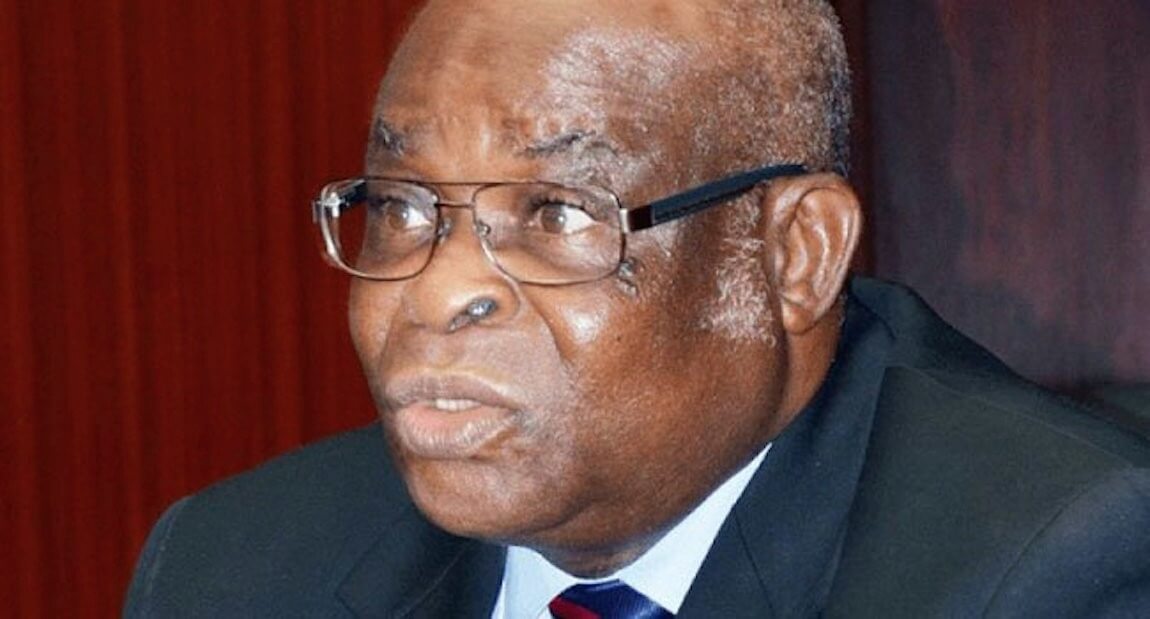The Economic and Financial Crimes Commission (EFCC), has been stripped of the powers to investigate and prosecute serving judicial officers for offences committed in the discharge of their duties.
The Court of Appeal in Lagos gave the ruling, Monday, in a case involving Justice Hydiazira Nganjiwa versus the Federal Government of Nigeria.
The court insisted that a judicial officer can only be investigated and prosecuted after being dismissed or retired by the National Judicial Council (NJC).
However, the Appeal Court said a serving judicial officer can be prosecuted for offences like murder, stealing etc., if such offences were committed outside the discharge of their official duties.
It ruled that once a judicial officer commits an offence in the discharge of his duties, he must first be tried by the NJC and dismissed or retired before the EFCC can investigate or prosecute him.
Read also: FG engages NASS, CJN over ease of doing business
The court anchored its decision on the principles of separation of powers between the three arms of government in the country.
In a lead judgement in an appeal No: CA/L/969C/2017, Justice Obaseki Adejumo, held that that the condition precedent to filing a charge against the accused judge was not fulfilled.
While allowing the appeal against a decision of the Lagos State High Court on the suspected judge, the superior court held that the NJC must first strip a judicial officer of his judicial standing before he could be charged with an offence allegedly committed in the discharge of his duties.
Based on that the Appeal Court held that the High Court of Lagos State lacked the jurisdiction to hear and determine the charge against the serving judicial officer.
It, therefore, set aside the ruling of the Lagos High Court and upheld the preliminary objection brought against the lower court.
The court also dismissed the charge brought against the embattled judge by the EFCC.











